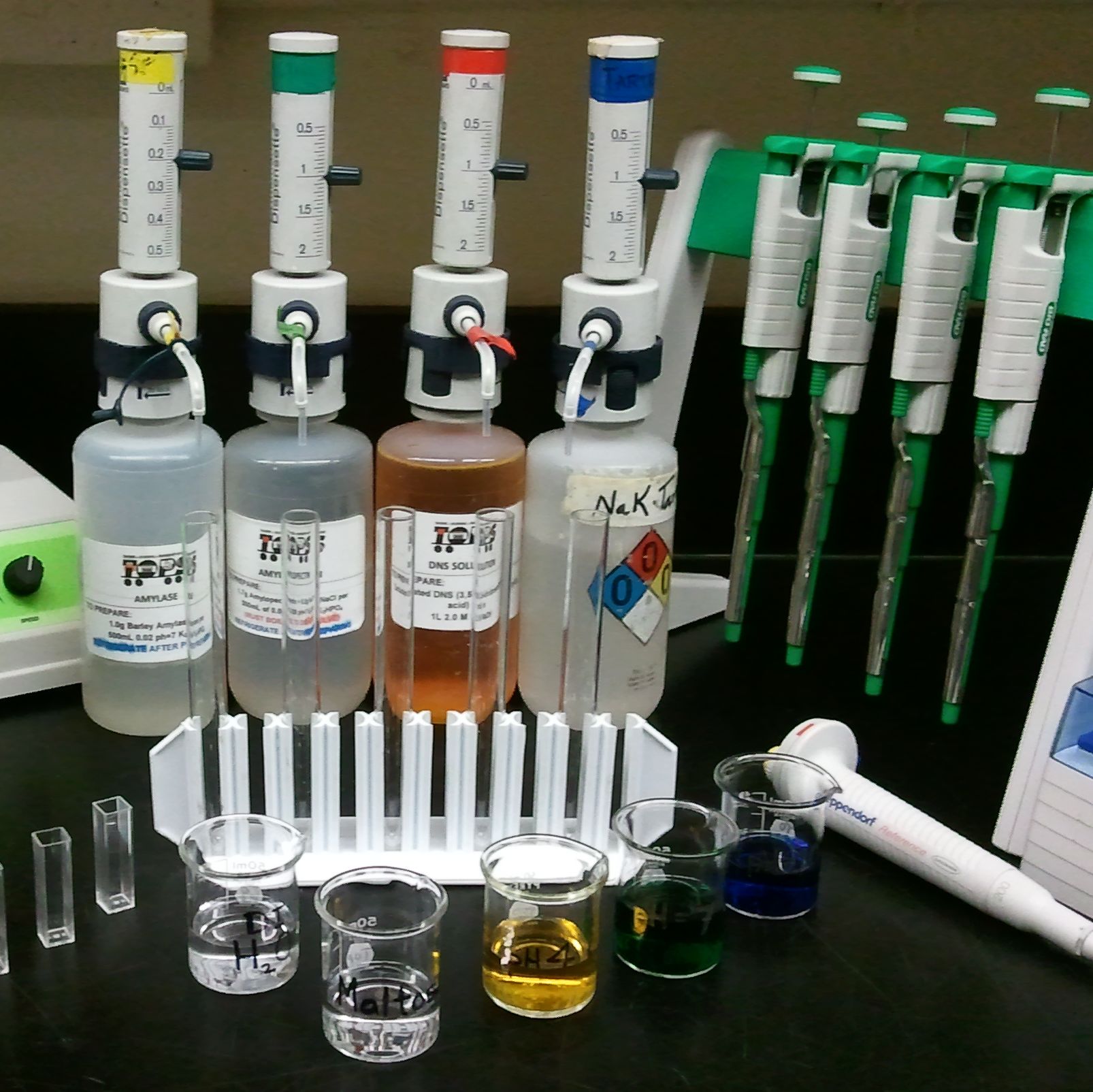Alpha-amylase
Alpha-amylase is an enzyme that breaks starch into sugars, a type of amylase produced by the salivary glands and pancreas. The test is primarily used to test pancreatic function and diagnose diseases of the pancreas.
What does the test show?
Assay of alpha-amylase levels is suitable for determining enzyme activity. This is especially important in detecting the proper functioning of the pancreas, as food is only present in the mouth for a shorter period of time. Enzymes produced by the pancreas play an important role in the digestion of starch and cellulose.
In what case is it recommended to perform the test?
In case of suspicion of pancreatic disease, which usually accompanied by symptoms like loss of appetite, nausea, severe abdominal pain, fever.
What sample is needed for the test?
A blood sample, taken from a vein, is needed for the test.
It is recommended that certain medications (diuretic, aspirin, oral contraceptive pill, steroids) be avoided before the test. In all cases, consult the specialist who ordered the examination before leaving them temporarily.

What does the result show?
It is important to know that if the result differs from the normal values, an accurate diagnosis can only be made by examining different test values together.
A high level of alpha-amylase can usually be caused by acute inflammation of the pancreas. To diagnose acute pancreatitis, in addition to amylase levels, the level of a pancreatic enzyme, lipase is also measured. In inflammation of the pancreas, amylase levels can be five to ten times higher than normal. Elevated amylase levels may also indicate pancreatic cancer, ovarian cancer, lung cancer, intestinal obstruction, perforated ulcer, or mumps.
Decreased alpha-amylase levels may indicate pancreatic damage, kidney disease, or gestational toxicosis.
What to do after the test?
The test itself cannot diagnose any disease, therefore in all cases consult an internist or hematologist to determine the exact diagnosis and the required therapy.

